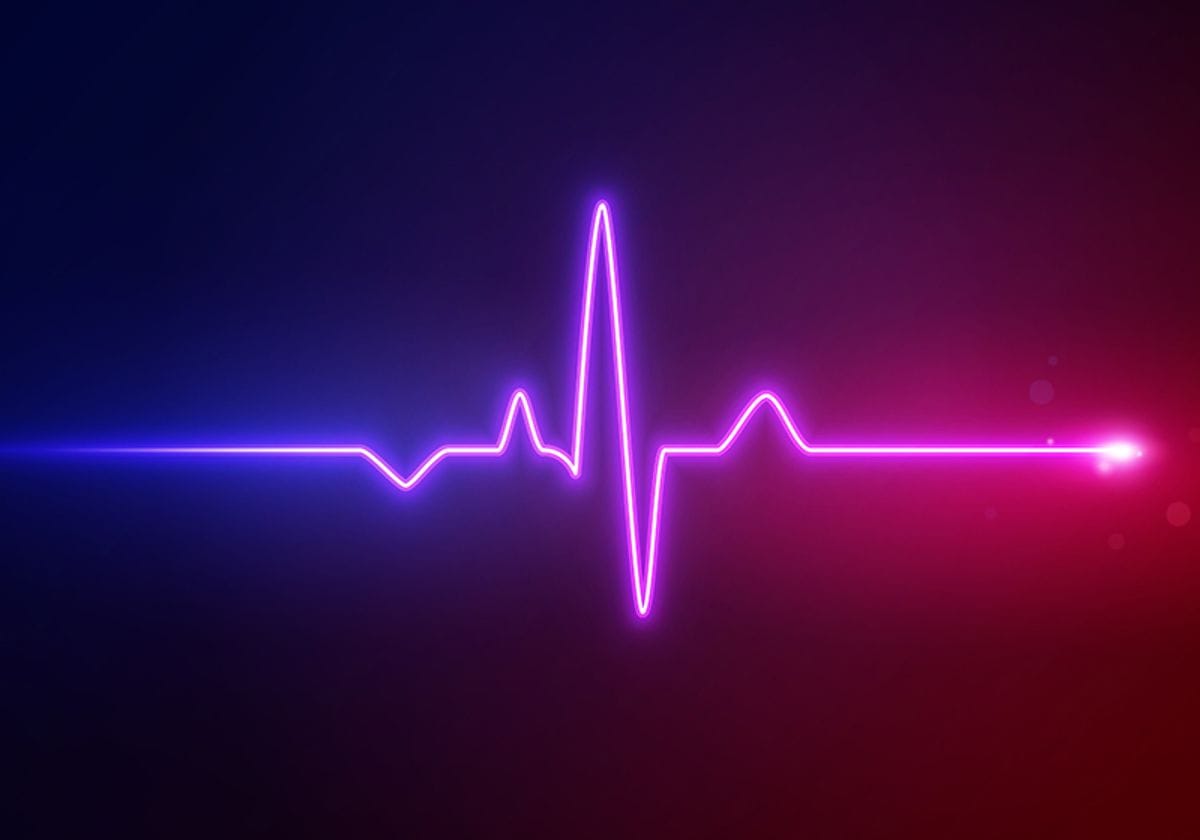HRV - what is a good score?

HRV is a measure of how your heart is working. So what is a good HRV score?
For those who are not familiar, HRV, or Heart Rate Variability, is a measure of how your heart is working. Your heart is like a regulator. Your heart must maintain a balance between experiencing excitement and feeling calm.
In technical terms, we call these sympathetic and parasympathetic systems. Your body must find the appropriate balance between these two systems. If you are excited all the time, you will use up too much energy.
If you were too calm, you would be unable to respond to a threat appropriately. Hence the need for balance.
So, the heart attempts to balance these two conflicting needs by regulating your heartbeat. More specifically, the rhythym at which your heart is beating. HRV is then the time gap between each beat. The wider the gap, the better.
So then, what is a good score?
It depends. There is no right answer to what a good score is. It seems clear that you have a higher score when you are younger. It declines as you get older.
Yet, within this broad spectrum, there can be a wide range. Therefore, a younger person can have a lower score. His friend, who is the same age, can have a higher score.
The best way, then, to look at your scores is to see where you started and how much progress you have made. Let me explain with an example. I started with a score of 70. My score has been slowly increasing.
There are days when it goes to 100. You would imagine I would be delighted. But in fact, a very high score compared to the mean is indicative of the fact that my body is shutting down. Usually, I experience fatigue or a sense of exhaustion.
So if you are measuring your HRV, look at your baseline and then try to change it for the better, but do so slowly.
Reach out to me on twitter @rbawri Instagram @riteshbawriofficial and YouTube at www.youtube.com/breatheagain






